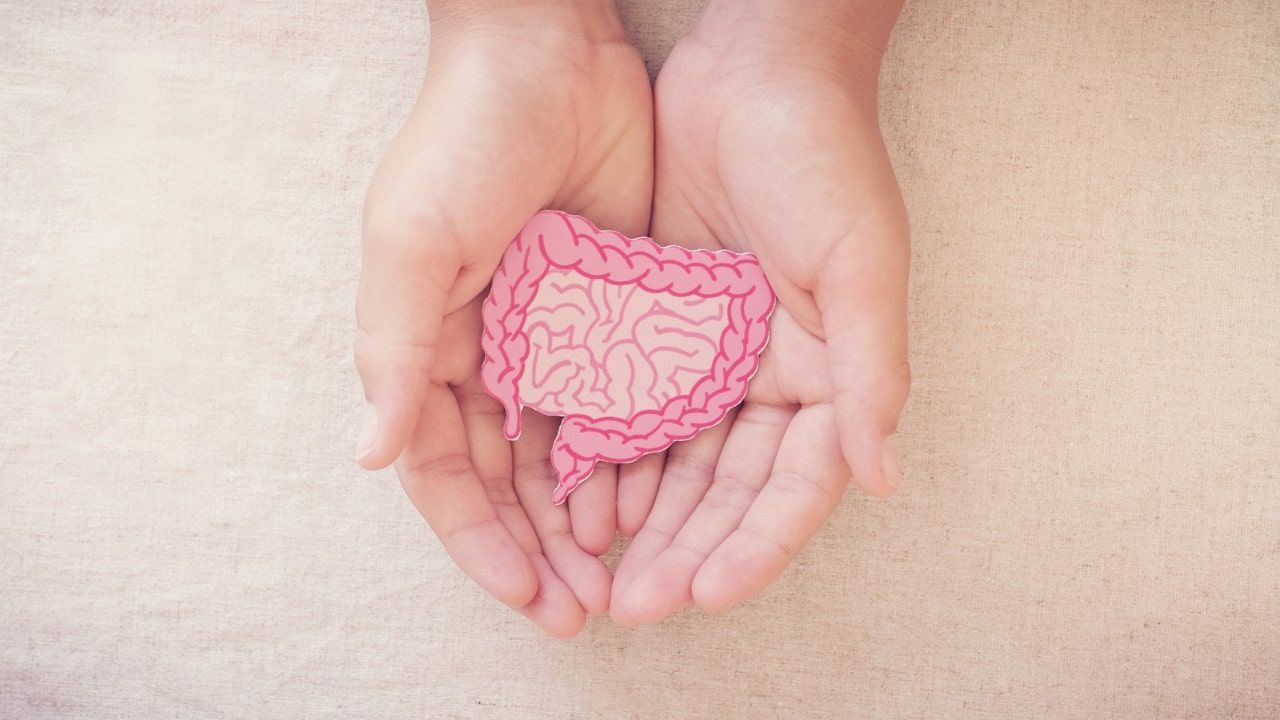
IBS, the Gut-Brain Connection, and Your “Second Brain”
Apr 17, 2023By Jennifer Engels, MD
The International Foundation for Functional Gastrointestinal Disorders (IFFGD) has designated April as IBS (Irritable Bowel Syndrome) Awareness Month. That designation makes this an excellent time to examine a part of our existence and well-being many are not aware of, the gut-brain connection.
In making an important decision, have you ever “gone with your gut?” Or, on the other hand, faced with a significant challenge, like making a presentation to a large audience or participating in a sporting event, have you ever had that fluttering feeling in your gut, called “butterflies in your stomach?” At one time or another, most of us have had those experiences, and in those situations, you’re likely getting signals from an unexpected source, what some researchers are now calling your “second brain.” Hidden away in the walls of your digestive system, this “second brain” or “brain in your gut” is rapidly changing medicine’s perception of the relationship between digestion, mood, overall health, and even how we think.
The Enteric Nervous System
Scientists call this second brain the enteric nervous system (ENS) - in contrast to our central nervous system (CNS) housed in the brain and spinal column. In reality, the ENS is quite large and is made up of two thin layers of more than 100 million nerve cells lining the gastrointestinal tract, from the esophagus to the rectum.
An internationally acclaimed scholar who has studied the ENS extensively is Jay Pasricha, MD, director of the Johns Hopkins Center for Neurogastroenterology. As Dr. Pasricha notes, the main function of the ENS is controlling digestion, and it is not capable of thought as such, but he adds that our ENS “communicates back and forth with our big brain - with profound results.”
For example, the ENS may trigger the significant emotional shifts often experienced by those suffering from IBS, as well as other functional bowel problems such as constipation, diarrhea, pain, bloating, and upset stomach.
Commenting on this connection, Pasricha says, “For decades, researchers and doctors thought that anxiety and depression contributed to these problems. But our studies and others show that it may be the other way around.” In other words, researchers such as Pasricha and his colleagues are now finding evidence that irritation in the gastrointestinal system may send signals to the central nervous system that trigger mood changes.
“These new findings,” he adds, “may explain why a higher-than-normal percentage of people with IBS and functional bowel problems develop depression and anxiety. That’s important because up to 30 to 40 percent of the population has functional bowel problems at some point.”
Finally, Pasricha notes that his research suggests that activity in our digestive system may also affect our thinking skills and memory. “This is an area that needs more research, something we hope to do here at Johns Hopkins,” he says.
New Thinking and New Approaches in Medicine
As I have said in earlier articles, I don't want to get too immersed in the scientific details, so suffice it to say here that the bottom line is that the growing awareness of “crosstalk” in communication between the digestive system and the brain is opening up new ways to think about and treat various diseases. For example, some medical researchers studying conditions such as depression, Parkinson’s and Alzheimer’s disease, ALS (Lou Gehrig’s disease), multiple sclerosis, pain, anxiety, and other neurological conditions are beginning to look at what is going on in a patient’s gut.
Conversely, some researchers and practitioners studying various GI disorders are beginning to focus on brain functioning. As a consequence, a gastroenterologist treating a patient for IBS might prescribe an antidepressant. They may do this not because they think the problem is all in the patient’s head but because in some cases, these medications calm symptoms by acting on nerve cells in the gut.
Help is Available at WeCare Frisco
As a practitioner of Functional Medicine seeking the root causes of disease, I am well aware of this connection between the gut and brain and the new medical approaches that may be taken in treating disorders related to the connections between the two.
We may, as an example, apply behavioral medical techniques such as vagal nerve stimulation, mindfulness meditation, and motivational interviewing, among others, to deal with the symptoms associated with IBS.
On the other hand, we might take a dietary approach, recommending the consumption of various foods that feed the gut microbes that produce chemicals that affect the functioning of the brain.
Or, we might use a combination of these two approaches!
In sum, the growing awareness of the gut-brain connection is opening up exciting new ways to treat both emotional conditions as well as functional gut disorders, and I would like the opportunity to explore treatment options with you.
We always welcome new patients at WeCare Frisco, and you can schedule an initial consultation by calling us at (972) 668-2636 or sending us a message at [email protected].



